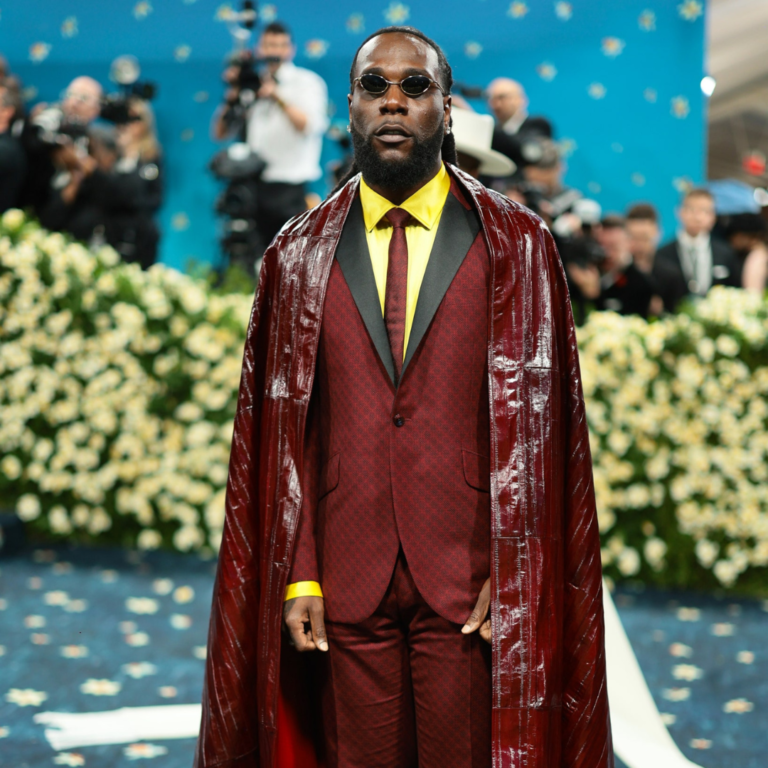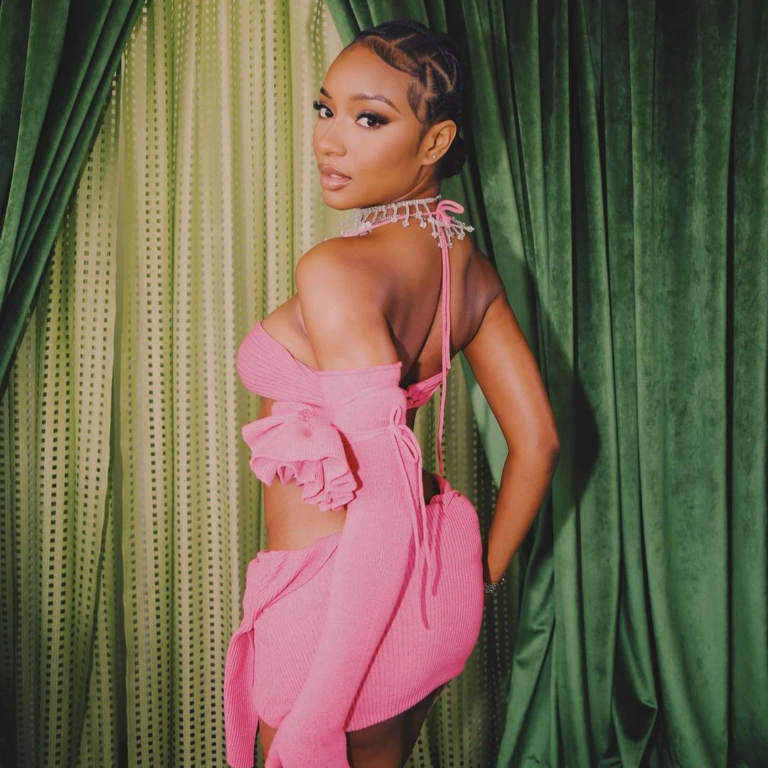The way that Nigerian artists have engaged with the Afrohouse genre and perhaps its most famous sound, Amapiano has been, to a large extent, as outsiders experimenting with a very foreign sound. And so many have felt a need to tap South African artists on the tracks, or as Asake did in his collab with Olamide, just call the damn song “Amapiano.” Perhaps this is to announce the differences between what we do and what the West does.
Western powers have long been accused of appropriating cultures, taking and then calling it theirs.
But INÓ, the new Afrohouse album by Nigerian acts Yimeeka and Black Culture, with four tracks, offers rare ownership of the genre by Nigerians. For starters, they don’t shy away from calling it an Afrohouse EP at a time when many Nigerian artists seem to have rejected the label of Afrobeats as if their lives depended on it. They also tap other Nigerian acts in the project, infusing the tracks with Nigerian drums and other fixtures of our music, as they seek the face of love or something that at least will offer them some form of happiness.
In the opening song “sàlàmàndà,” Nigerian singer Starsamm joins the duo as they weave a tale of love, sex, passion and longing with soft Afrohouse sounds, laced with scarce lyrics and chants.
By the time the pair get to “otá” the pace of the EP is faster, inviting listeners to dance to the end of a rather acrimonious relationship. “Nothing way you do me fit bring me down,” Yimeeka sings at the onset of the song. Here, they sample eLDee’s 2010 hit “Ota Mi,” infusing it with light traditional Yoruba drums, only enough to complement the Afrohouse beats in the album and never drown them out.
In their message to their ex-lover in “otá,” they, like eLDee, are enthralled by the defence that they have mounted around themselves. “I see you fall over me,” Yimeeka sings. They are confident in their own power and will keep bad activities away from them.
In “ronju,” Taves joins the duo for a duet with Yimmeka on the excesses of dating in the age of TikTok, where partners are constantly distracted by their phones and the abundance of options on dating apps and in their DMS. In this world, they see no reason to offer their best in their relationship or even, at worst, put their best foot forward and show that they are deserving of what is supposed to be a beautiful, intimate partnership.
“Many things dey make me mad,” Yimeeka sings on the track to her lover. But he will not accommodate even her least complaints about their relationship or how he can make her feel better, cherished, considered and loved. “Your matter e cause headache/ Find me con de shalaye/ You no suppose bother me/ When I no commit felony,” Taves sings in response.
By the time INÓ comes to a close with the last track, “Ola,” the realities of what real love should feel like are only beginning to set in. “Happiness seems like it’s hard to find/Time moves slowly anytime you’re around me,” Yimeeka sings. When she calls out for her lover, Ola, they are responsive, considering her time and effort, telling her they will be there shortly, unlike her previous lovers.
She then concludes the chorus with the line, “Happiness is something that I can find,” reassuring herself that with the right person, love can be a good thing, a source of great happiness.




